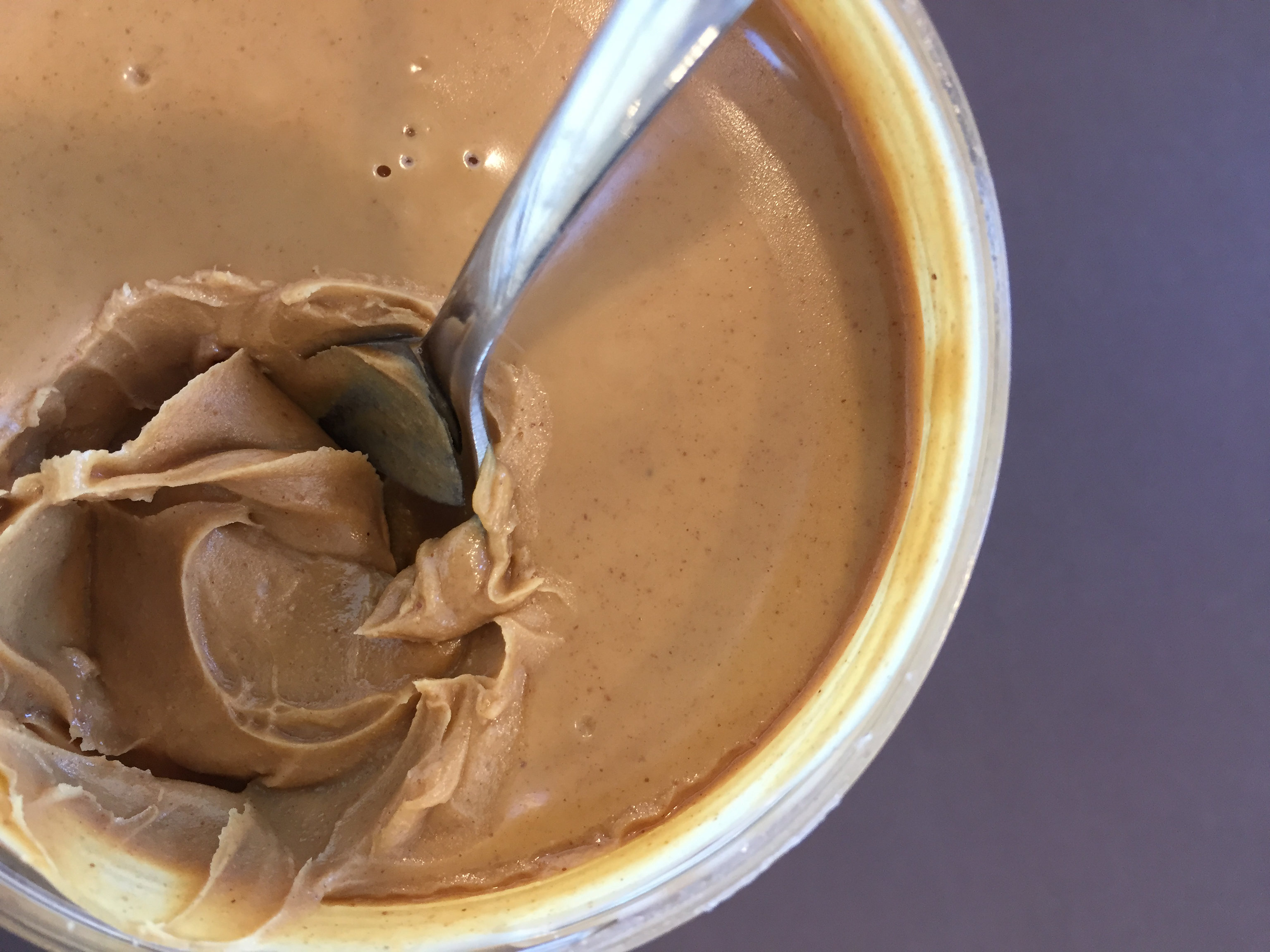NIAID’s food allergy treatment research program focuses on two approaches. The first approach, called immunotherapy, involves exposing a person to a food allergen in a controlled way to reduce their immune response to the allergen. The second approach involves using lab-made antibodies alone or coupled with immunotherapy to treat food allergy.
Immunotherapy
NIAID-supported researchers are studying three different forms of immunotherapy for food allergy: oral immunotherapy, sublingual immunotherapy, and epicutaneous immunotherapy.
Oral Immunotherapy
Oral immunotherapy involves eating small doses of a food that causes an allergy and gradually increasing the size of those doses. NIAID-funded clinical trials have helped show that oral immunotherapy is effective. Yet the strategy has several disadvantages. People who start oral immunotherapy must continue it indefinitely to remain protected. Also, many people experience allergic reactions and gastrointestinal side effects during treatment. As a result, NIAID is funding development of new approaches to oral immunotherapy to reduce side effects and improve outcomes. Some of the studies pair oral immunotherapy with other treatment strategies.
Learn more from these NIAID news releases:
- Oral immunotherapy induces remission of peanut allergy in some young children
- Oral immunotherapy shows promise as treatment for egg allergy
- Omalizumab improves efficacy of oral immunotherapy for multiple food allergies
- Monoclonal antibody improves cat allergen immunotherapy
Sublingual Immunotherapy
Sublingual immunotherapy involves placing small amounts of an allergen under the tongue. This approach has been successful for treating allergic rhinitis, also known as hay fever. Researchers are now studying it to treat food allergy. Clinical trials have found that sublingual immunotherapy has fewer side effects than oral immunotherapy and becomes more effective over time. But studies also show that traditional oral immunotherapy helps people tolerate higher doses of foods than sublingual immunotherapy. Researchers aim to improve sublingual immunotherapy to generate strong, long-term tolerance of food allergens.
Epicutaneous Immunotherapy
In epicutaneous immunotherapy, a wearable patch delivers an allergen to the skin’s surface. A clinical trial showed in 2023 that a patch containing peanut protein was more effective than a placebo patch at desensitizing toddlers to peanut after one year of wear. The experimental patch also was more effective than placebo at increasing the amount of peanut the children could eat without an allergic reaction. Several years earlier, the NIAID Consortium for Food Allergy Research completed a small clinical trial of the patch in older children and young adults. After wearing the patch for a year, nearly half the participants could eat more peanuts without an allergic reaction than they could at the start of the study.
Learn more from The New England Journal of Medicine article Phase 3 Trial of Epicutaneous Immunotherapy in Toddlers with Peanut Allergy and the NIAID news release Skin patch to treat peanut allergy shows benefit in children.
Antibody Treatment
Other NIAID-supported studies are testing laboratory-made antibodies to treat food allergy by interrupting the biological process of allergic reactions.
Blocking a Cell-Signaling Molecule
One of these treatment approaches involves an antibody that blocks a molecule involved in overactive immune responses to otherwise harmless substances. NIAID-supported researchers previously found that the antibody, called tezepelumab, reduced symptoms of allergic rhinitis caused by cat allergens when given in addition to allergy shots. Now plans are underway for a NIAID-supported Phase 2 trial of tezepelumab plus oral immunotherapy for peanut allergy.
Binding to an Allergy-Causing Antibody
Another treatment approach involves a lab-made antibody that targets the naturally occurring, allergy-causing antibody immunoglobulin E (IgE). The lab-made antibody, called omalizumab, binds to IgE in the blood, preventing it from priming key immune cells responsible for allergic reactions. This makes the cells much less sensitive to stimulation by any allergen.
An NIAID-directed and -funded clinical trial showed in 2024 that an antibody medication commonly used to treat asthma increased the amount of peanut, tree nuts, egg, milk and wheat that multi-food allergic children as young as 1 year could consume without an allergic reaction. Based on these study results, the Food and Drug Administration approved omalizumab for the reduction of allergic reactions that may occur with accidental exposure to one or more foods in adults and children aged 1 year and older with food allergy.
Researchers are now evaluating how well 16 weeks of omalizumab leading into oral immunotherapy treats multi-food allergy compared with long-term omalizumab alone.
Scientific Advances
Therapy Helps Peanut-Allergic Kids Tolerate Tablespoons of Peanut Butter
February 10, 2025Eating slowly increasing amounts of peanut butter enabled 100% of kids with peanut allergy to consume 3 tablespoons of peanut butter without an allergic reaction.

Antibody Reduces Allergic Reactions to Multiple Foods in NIH Trial
February 25, 2024A 16-week course of a monoclonal antibody, omalizumab, increased the amount of peanut, tree nuts, egg, milk and wheat that multi-food allergic children as young as 1 year could consume without an allergic reaction in a late-stage clinical trial.

Statement: NIH Trial Data Underpins FDA Approval of Omalizumab for Food Allergy
February 16, 2024FDA has approved omalizumab for the reduction of allergic reactions, including anaphylaxis, that may occur with an accidental exposure to one or more foods in adults and children aged 1 year and older with food allergy. People taking omalizumab still need to avoid exposure to foods to which they are allergic.

Statement: Antibody Reduces Allergic Reactions to Multiple Foods in NIH Trial
December 19, 2023A monoclonal antibody treatment significantly increased the amounts of multiple common foods that food-allergic children and adolescents could consume without an allergic reaction, according to a planned interim analysis of an advanced clinical trial.

Monoclonal Antibody Improves Cat Allergen Immunotherapy
October 11, 2022An experimental approach to enhancing a standard cat allergen immunotherapy, often called allergy shots, made it more effective and faster acting, and the benefits persisted for a year after treatment ended.



